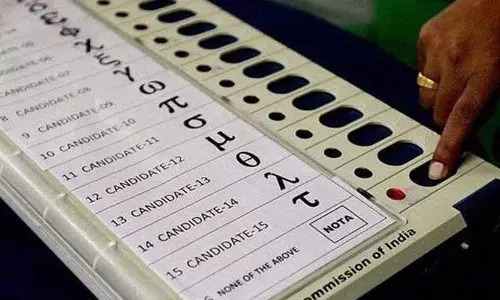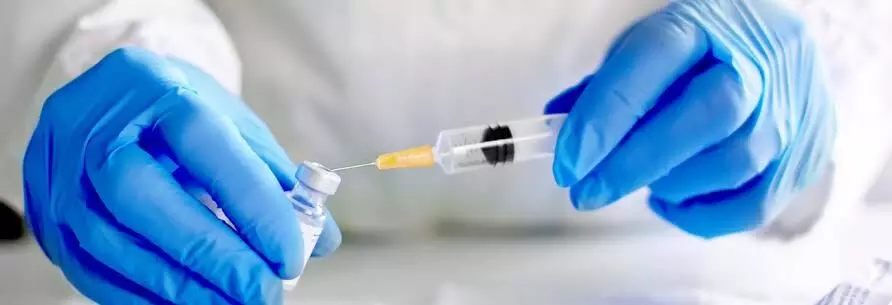
Study finds COVID-19 vaccine effective for 94 % cancer patients, 6 % show no response
text_fieldsNew York: A new study co-authored by Indian-origin researchers have found that nearly 95 per cent of people with cancer developed a good immune response to the Covid-19 mRNA vaccines three to four weeks after receiving their second dose.
As part of the study, a total of 131 cancer patients were administered with the Covid-19 vaccine out of the lot a total of seven high-risk patients failed to show any response to the vaccine.
Dr Dimpy P Shah, corresponding author of the study was quoted as saying that no antibodies against the virus could be detected in the seven patients. Shah further said that the study has laid bare several challenging questions including if and when such patients be administered with the third dose.
Among the high-risk groups, patients receiving a therapy called Rituximab within six months of vaccination developed no antibodies. Rituximab is a monoclonal antibody used in the treatment of haematological cancers and autoimmune diseases.
Patients on chemotherapy that is toxic to cells developed antibody response, but it was muted compared to the general population.
"How that relates to protection against COVID-19, we don't know yet," Dimpy Shah said.
The Delta variant and other mutants of the Covid-19 virus were not examined in the study. The team also did not analyze the response of infection-fighting T cells and B cells in patients with cancer.
"Patients with haematological malignancies, such as myeloma and Hodgkin lymphoma, were less likely to respond to vaccination than those with solid tumours," said Pankil K. Shah from the Geneva University Hospital.
The median age of patients in the study was 63. Most of the patients (106) had solid cancers as opposed to haematological malignancies (25).
























